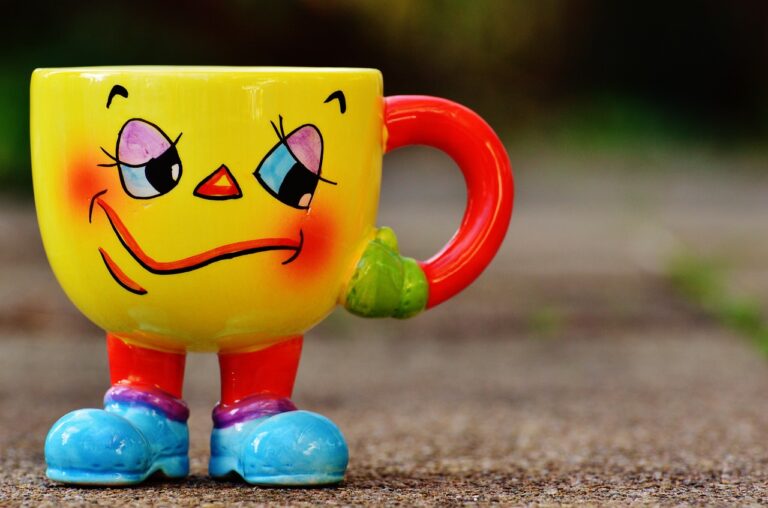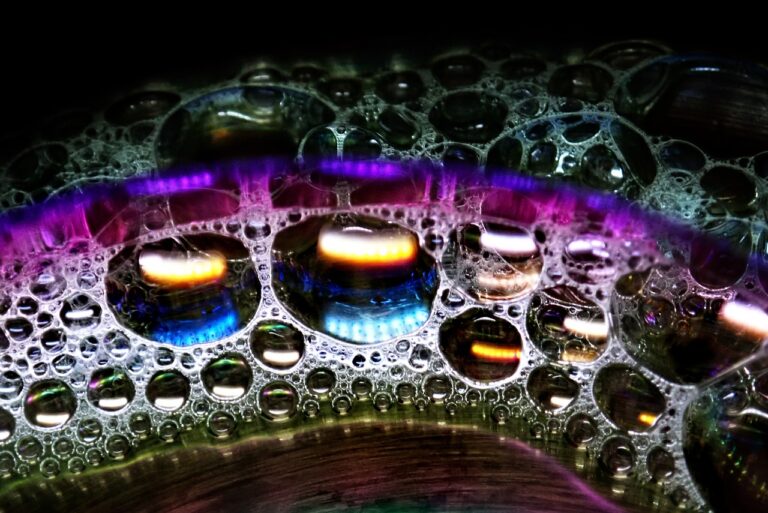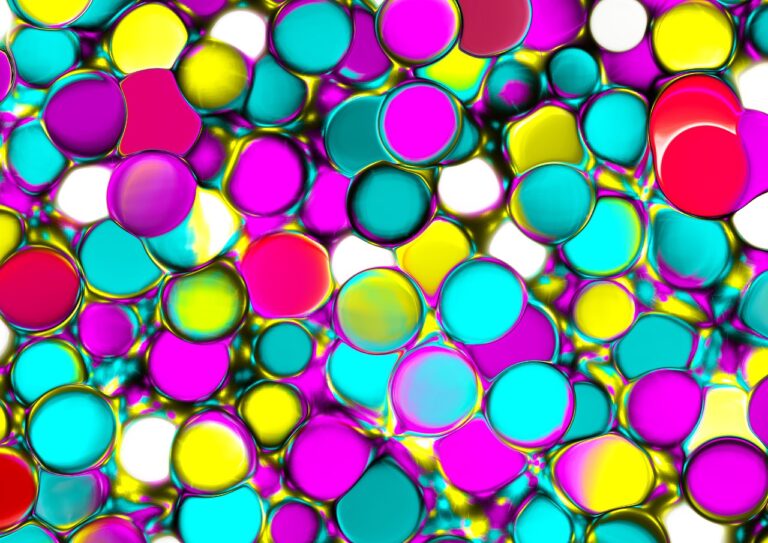Innovations in Music Festival Water Conservation and Management Technologies
world7 id, mahadev betting login, silver 777 login:Innovations in Music Festival Water Conservation and Management Technologies
Music festivals are popular events that attract thousands, if not millions, of people each year. While these events offer a unique opportunity for music lovers to come together and enjoy their favorite artists, they also pose significant challenges in terms of water conservation and management. With large crowds comes a high demand for water, whether it be for drinking, sanitation, or other purposes. As such, music festival organizers are constantly seeking innovative solutions to reduce water usage and ensure sustainable practices are in place. In this article, we’ll explore some of the latest technologies being used to address water conservation and management at music festivals.
Smart Water Monitoring Systems
One of the most significant innovations in music festival water conservation is the use of smart water monitoring systems. These systems utilize sensors and data analytics to track water usage in real-time, allowing organizers to identify areas where water is being wasted and make adjustments accordingly. By monitoring water consumption patterns, festivals can make informed decisions on how to reduce water usage without compromising the experience for attendees. For example, if a particular area is consistently using more water than necessary, organizers can investigate the cause and implement measures to address the issue.
Greywater Recycling Systems
Another key technology in water conservation at music festivals is the use of greywater recycling systems. Greywater is wastewater generated from activities like washing dishes, bathing, and laundry, which can be treated and reused for non-potable purposes such as irrigation and toilet flushing. By implementing greywater recycling systems, festivals can reduce their reliance on freshwater sources and minimize their environmental impact. This not only helps conserve water but also reduces the amount of wastewater that needs to be treated and disposed of, ultimately leading to cost savings for organizers.
Water-Efficient Fixtures
In addition to smart monitoring systems and greywater recycling, many music festivals are also investing in water-efficient fixtures to reduce water consumption. This includes installing low-flow toilets, faucets, and showers that are designed to minimize water wastage without compromising performance. By upgrading to water-efficient fixtures, festivals can significantly reduce their water usage and operating costs while promoting sustainability. These fixtures are not only beneficial for the environment but also contribute to a positive attendee experience by ensuring water is used efficiently throughout the festival grounds.
Rainwater Harvesting Systems
Rainwater harvesting is another innovative solution that some music festivals are adopting to conserve water and reduce reliance on external water sources. By collecting rainwater runoff from roofs and other surfaces, festivals can store and use this water for various purposes such as irrigation, cooling, and sanitation. Rainwater harvesting systems can be paired with filtration and treatment technologies to ensure the water meets quality standards for its intended use. This approach not only helps conserve water but also promotes self-sufficiency by utilizing natural resources to meet water needs during the event.
Mobile Water Treatment Units
Mobile water treatment units are becoming increasingly popular at music festivals as a way to ensure safe and reliable access to clean drinking water for attendees. These units are capable of treating various water sources, including groundwater, surface water, and even greywater, to produce high-quality drinking water that meets regulatory standards. By deploying mobile water treatment units on-site, festivals can reduce the need to transport bottled water and minimize the environmental impact associated with single-use plastic bottles. This technology not only provides a sustainable water supply but also gives attendees peace of mind knowing they have access to safe drinking water throughout the event.
Drought-Resistant Landscaping
In addition to implementing water-saving technologies, some music festivals are also focused on landscaping practices that promote water conservation. Drought-resistant plants, native species, and xeriscaping techniques are being used to create aesthetically pleasing outdoor spaces that require minimal irrigation. By incorporating drought-resistant landscaping into festival grounds, organizers can reduce water usage for landscaping purposes and create a more sustainable environment overall. This approach not only conserves water but also contributes to biodiversity and ecological resilience by supporting native plant species and reducing the need for chemical inputs.
In conclusion, music festivals are embracing innovative technologies to enhance water conservation and management practices. From smart water monitoring systems to greywater recycling, festivals are leveraging a variety of solutions to reduce water usage, promote sustainability, and enhance the attendee experience. By adopting these technologies, festivals can minimize their environmental footprint, save on operating costs, and contribute to a more sustainable future for the live entertainment industry. As music festival organizers continue to prioritize water conservation, we can expect to see even more innovative solutions emerge in the years to come, further demonstrating the industry’s commitment to sustainable practices.
FAQs
Q: How do smart water monitoring systems work?
A: Smart water monitoring systems utilize sensors to track water usage in real-time and provide insights into consumption patterns. This data allows organizers to identify areas of excess water usage and make informed decisions on how to reduce waste.
Q: What is greywater recycling?
A: Greywater recycling involves treating wastewater from activities like washing dishes and bathing for reuse in non-potable applications such as irrigation and toilet flushing. This approach helps conserve freshwater resources and minimize environmental impact.
Q: Are water-efficient fixtures effective in reducing water usage?
A: Yes, water-efficient fixtures such as low-flow toilets and faucets are designed to minimize water wastage without compromising performance. By installing these fixtures, festivals can significantly reduce their water consumption and operating costs.
Q: How does rainwater harvesting work?
A: Rainwater harvesting involves collecting rainwater runoff from roofs and other surfaces for storage and later use. This water can be treated and reused for various purposes such as irrigation and cooling, helping festivals reduce their reliance on external water sources.
Q: What are mobile water treatment units?
A: Mobile water treatment units are capable of treating various water sources to produce high-quality drinking water that meets regulatory standards. These units provide a sustainable water supply at music festivals and reduce the need for bottled water.







